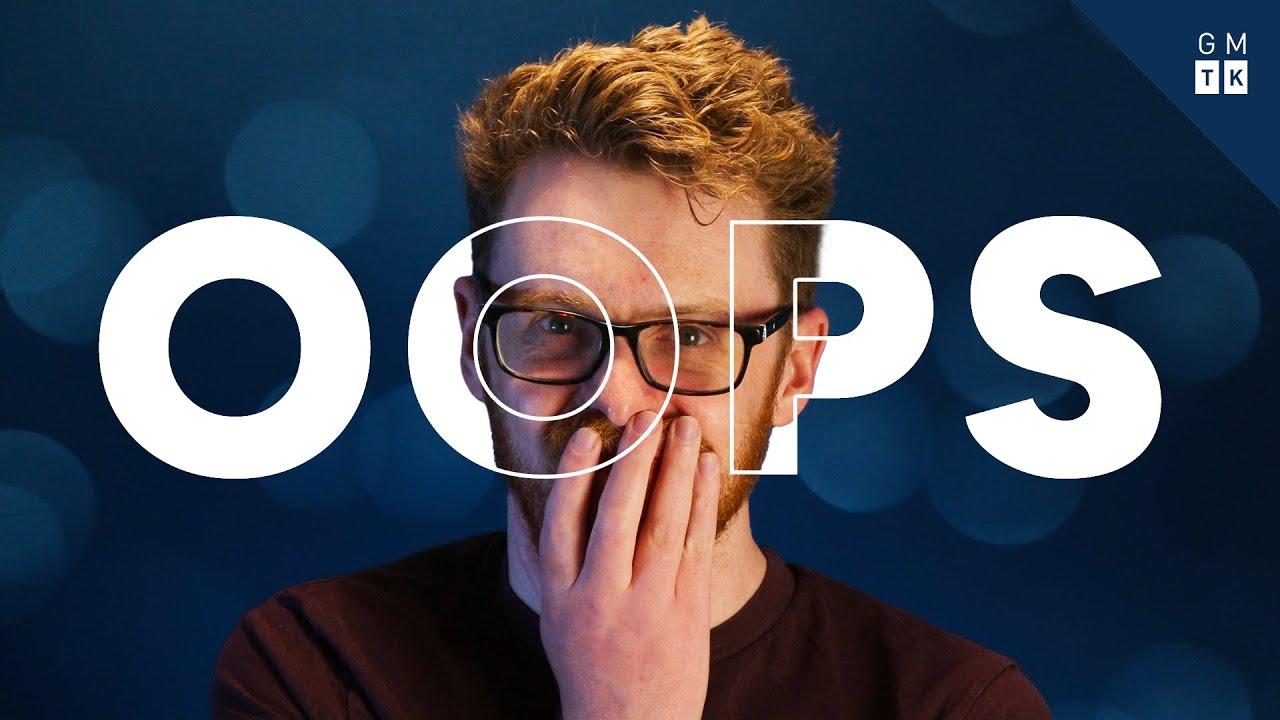Just watched this video from Game Maker’s Toolkit, and it made me reflect on how some of my ideas about indiedev have changed while I’ve been doing this as a hobby for 5+ years, and realise what I might’ve been doing wrong.
The first time Savior and I actually put time and effort into turning a jam submission into a commercial game, I thought it was gonna take maybe 2 or 3 months of work. We just needed 8 more levels, some polish, and we could ship it - how hard could it be? We’d just made 2 solid levels and all the fundamental logic in a weekend, after all. People were enjoying it, and the implementation was simple.
Years later, we had, of course, not shipped a commercial release at all, never mind in 3 months. I didn’t know what story I could tell through the sassy narrator, we were both out of ideas for levels, and Savior said he’d rather work on another jam game we had come up with since.
I was beginning to believe it’s not viable to just “finish up” a jam game, and we will instead have to rebuild them into something bigger, more appealing. I mean, are people even gonna consider wishlisting a short, simple game, without a profound narrative or endless replayability?
With our current game project, we decided to rebuild the whole scene to be more immersive and visually interesting (and support mutliplayer if we decide to implement it), and I went around rewriting most of the code.
It took a very long time, and the gameplay has pretty much remained the same - worse, some of it doesn’t even work yet. This has definitely been a drain on my motivation, and now it’s making me think: maybe it’s less about the feature list, making the game appear bigger, or finishing it quickly, and more about trying things out, concentrating on what’s fun, and having fun working on it?
Similar to what I recall @exodrifter saying about herself, purpose is very important to me in making games. What do I want to achieve with the game, what should it communicate, what do I want to make players feel, would I want to play it myself? Why am I making it?
Well, I have a few future projects in mind with a moderately profound purpose, but I think I’m realising these jam games we’ve been developing exist in a category of their own. Their purpose, right from inception, has been to make something small and fun, to enjoy experimenting, and to see people’s reactions. That’s why I’ve struggled to find a compelling and enjoyable way to make them bigger and more appealing - they were never meant to be that, and I’m kinda working against their strengths.
Not every game has to be big and mesmerising, and not every game has to tell a story. A commercial game sprouting out of a jam experiment can definitely be the opposite of those things.
I should finish Pillars at some point.
